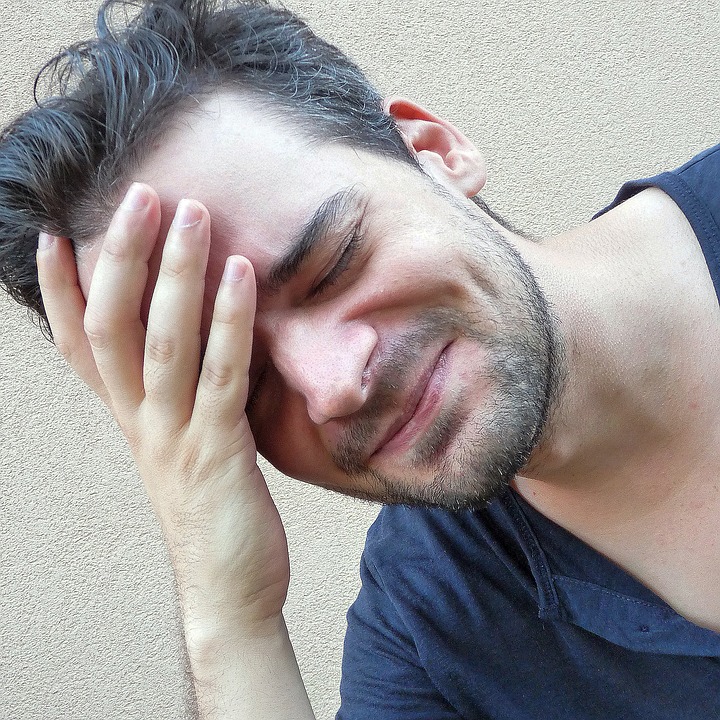Menu
Weight loss
Hormones
Sex
EXPLORE
MEET NU IMAGE MEDICAL
TREATMENTS
MEET NU IMAGE MEDICAL
TREATMENTS
MEET NU IMAGE MEDICAL
Higher blood pressure linked to stress in teens


Blood pressure is the force of the blood pushing against the artery walls. Two numbers are recorded when measuring blood pressure:
Systolic pressure. This is the higher number. It refers to the highest pressure inside the artery. It occurs when the heart contracts and pumps blood to the body.
Diastolic pressure. This is the lower number. It refers to the lowest pressure inside the artery. It occurs when the heart relaxes and fills with blood.
For example, if a child's blood pressure is 110/70 mmHg, 110 is the systolic blood pressure and 70 is the diastolic blood pressure.
High blood pressure (hypertension) means that the pressure inside the arteries is too high. This higher pressure may harm the arteries and cause the heart to work harder.
If the pressure is high when the heart contracts, then the systolic pressure will be high.
If the pressure is high when the heart relaxes then the diastolic pressure will be high.
The systolic or diastolic pressure, or both, may be high.
Many things affect blood pressure. These include:
Time of day. Blood pressure changes throughout the day.
Physical activity. Blood pressure is usually higher during and right after exercise.
Emotions. Feeling angry, afraid, or happy can affect blood pressure. Feeling anxious or nervous at the healthcare provider's office may also affect blood pressure.
Age, height, weight, and gender. Blood pressure is lower in infants compared with older children. Taller children usually have higher blood pressure than shorter children. Overweight or obese children are more likely to have high blood pressure. And boys usually have slightly higher blood pressure than girls.
Illness or medicines. This might be heart disease or kidney disease.
Diet. Salt, foods with high salt content (such as packaged meats), alcohol, drinks with caffeine (such as coffee and soda) can all raise blood pressure.
One high blood pressure reading does not mean that your child has high blood pressure. Your child's healthcare provider will want to check your child's blood pressure over a period of days or weeks. When blood pressure stays high, it may be a problem.
Male teens with low stress tolerance are more likely to develop high blood pressure in midlife, suggests analysis of data collected from more than 1.5 million men over a 40-year period.
Researchers from Stanford University in Stanford, California, and Lund University in Malmo, Sweden, conducted the national cohort study based on Swedish government data. In Sweden, psychologists routinely assess 18-year-old male military conscripts for stress resilience to gauge their ability to cope with military service. The Stanford and Lund University researchers obtained conscripts stress-resilience reports for 1969 to 1997 and then tracked the men's medical records in the Swedish national disease registry for the onset of hypertension up to a maximum age of 62.
Data analysis showed that those with the lowest stress-resilience scores were 40% more likely to develop high blood pressure later in life than those with high resilience to stress. This held true, even when other factors such as higher weight, family history and adverse socioeconomic conditions were considered. The study, however, was observational, so no cause-and-effect relationship could be confirmed. Further research is needed.
Study authors noted that their findings suggest stress resilience may play an important long-term role in the cause of hypertension. If confirmed, this knowledge may help inform more effective preventive interventions by addressing psycho-social risk factors and stress management across the lifespan, the authors concluded. The study was published in Heart
This article is for informational purposes only and does not constitute medical advice. The information contained herein is not a substitute for and should never be relied upon for professional medical advice. Always talk to your physician about the risks and benefits of any treatment. Nu Image Medical may not offer the medications or services mentioned in this article.
